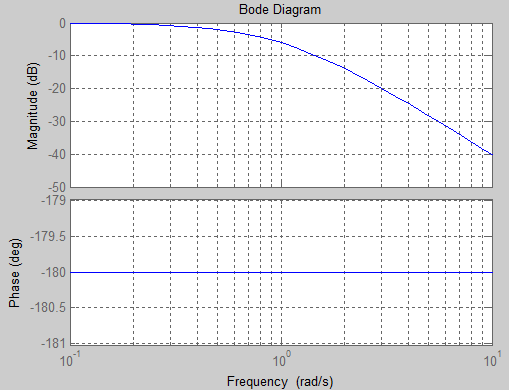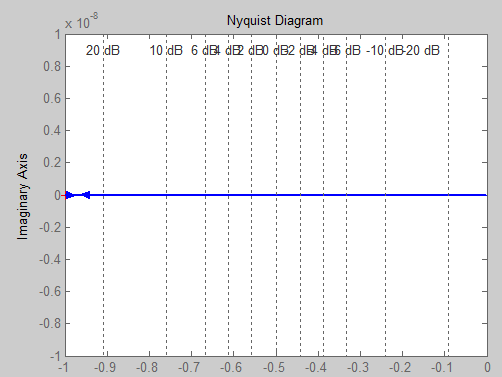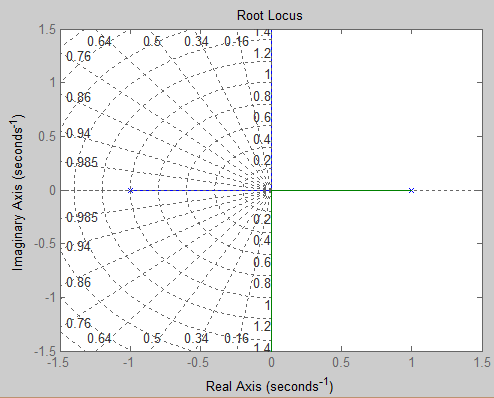Why is system of the type
$$T = 1/(s^2 - 1)$$ Difficult to control using standard control methods?
When I look at frequency plots, it doesn't seem to give me any important information as to why this system would be difficult to control using classical methods
Can someone who knows control theory (especially the part about compensators or other classical control techniques) inform me as to why this system would be difficult to be controlled using classical frequency based methods?



